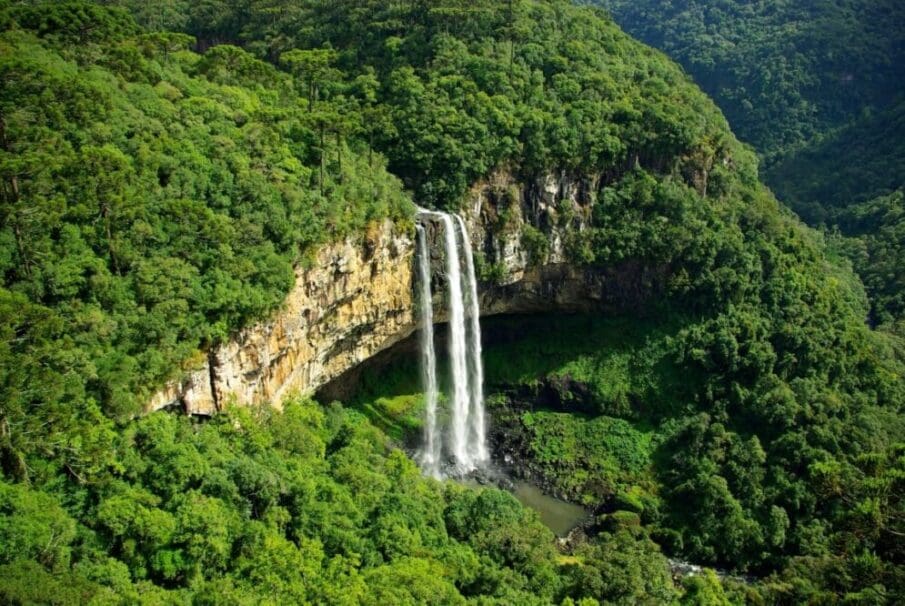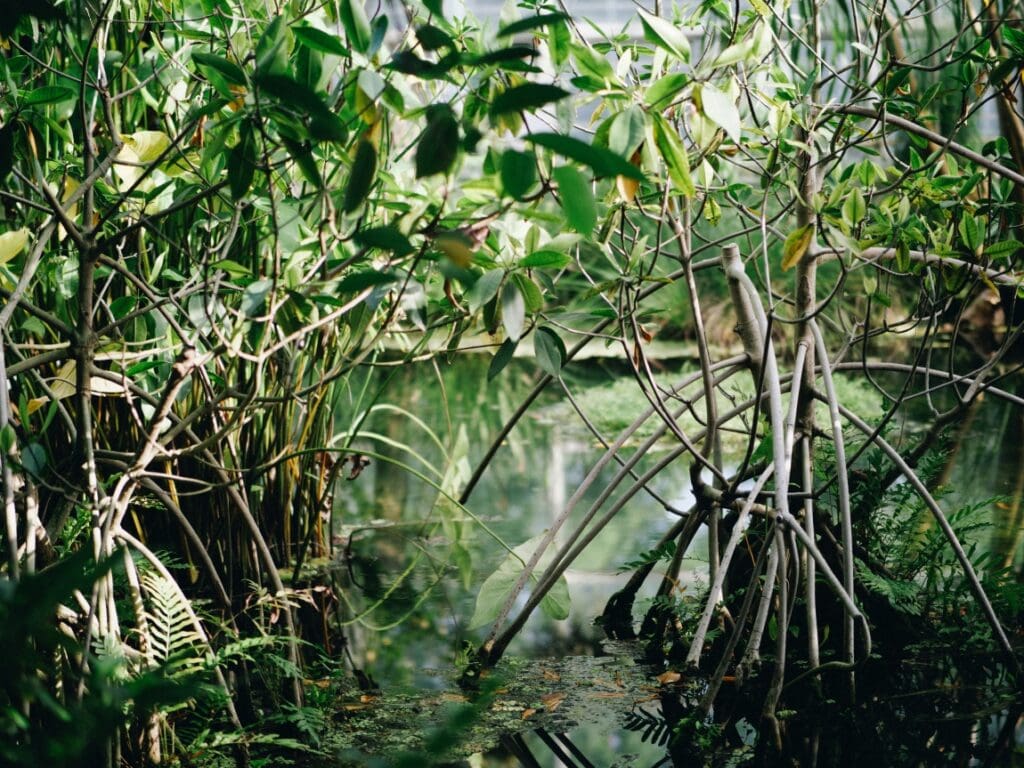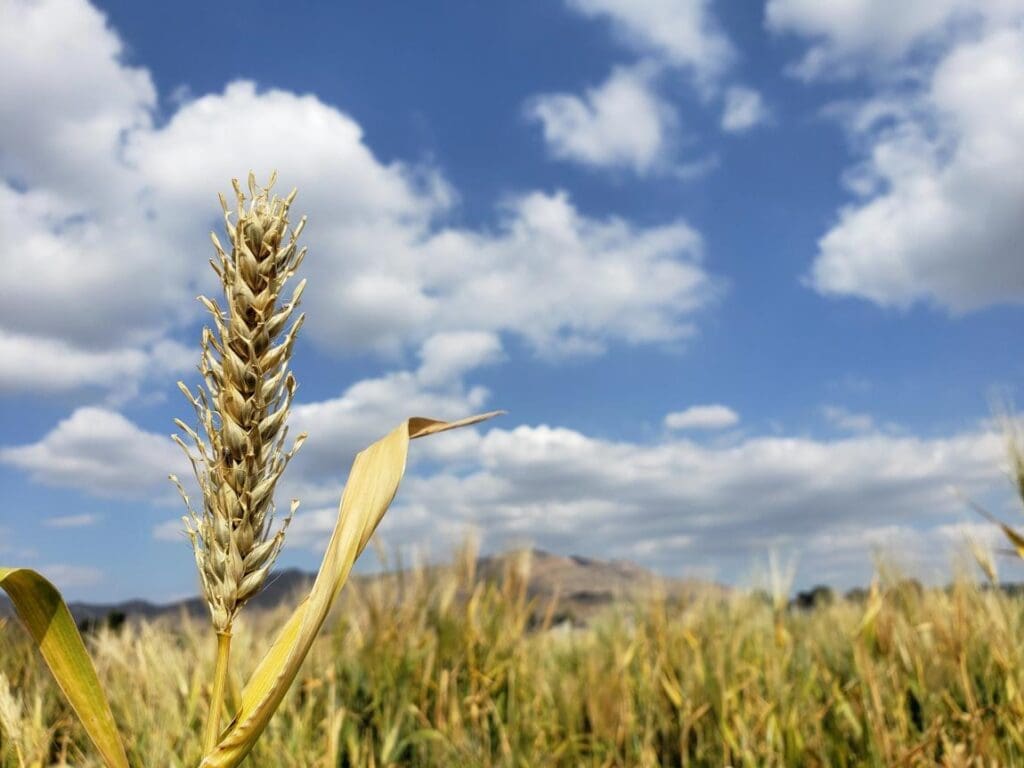Trees in the Brazilian Atlantic Forest are migrating in search of more favourable temperatures with species in mountain forests moving uphill to escape rising heat caused by climate change, a new study reveals.
Most species in higher parts of the Brazilian Atlantic Forest are moving upwards as temperatures rise, but scientists say that those trees which thrive in colder temperatures are at risk of dying out as the world continues to warm.
Researchers studying the forest, which stretches along the Brazil’s Atlantic seaboard, have also discovered that some trees in lowland forests are migrating downhill.
Publishing their findings today, 23 July, in Journal of Vegetation Science, an international group of researchers reveals the first signs of climate change affecting the mix of tree species in the Atlantic Forest, a place known for its rich variety of life.
Lead author Dr Rodrigo Bergamin, from the University of Birmingham, commented: “We found that different species are moving in different directions – in lower forests, trees are moving downhill more often than uphill, probably due to factors besides temperature, like competition between species.”
“However, in the forest higher up in the mountains, most species are moving uphill as temperatures rise and the undergrowth becomes more suited to those trees favouring warm temperatures. This could mean that species needing colder temperatures are at risk of dying out as the world continues to warm,” he added.
The researchers studied 627 tree species across 96 different locations across the Brazilian Atlantic Forest to calculate community temperature scores (CTS) – a means of understanding climate patterns across the Forest.
Researchers also discovered that younger trees in high-altitude forests are moving uphill – young tree groups had more growth than the older ones, and this growth had increased over a decade of observing the forest.
Prof Sandra Müller from the Federal University of Rio Grande do Sul, senior author of the study says that “Species from higher altitudes are generally more sensitive to temperature and those that need cold are more likely to lose out in competition under warmer temperatures to species that prefer hotter temperatures.”
The Brazilian Atlantic Forest, known as Mata Atlântica in Portuguese, stretches from the state of Rio Grande do Norte in the north-east to Rio Grande do Sul state in the south. It covers an inland area as far as Paraguay and the Misiones province of Argentina. Considered one of the world’s top biodiversity hotspots, the Forest is home to a vast array of unique species and ecosystems.
“This study showed what is happening in the South of the Atlantic Forest, but different regions might show other trends. We are now bringing together researchers from across the whole biome to create a big picture of how these forests are responding to global change,” said Dr Adriane Esquivel Muelbert, Associate Professor from the University of Birmingham, co-author of the study.
More information: Rodrigo Scarton Bergamin, Vinicius Augusto Galvão Bastazini, Adriane Esquivel-Muelbert, Kauane Maiara Bordin, Joice Klipel, Vanderlei Júlio Debastiani, Alexander Christian Vibrans, Rafael Loyola, Sandra Cristina Müller, ‘Elevational shifts in tree community composition in the Brazilian Atlantic Forest related to climate change’, Journal of Vegetation Science (vol. 35, Iss. 4; 2024); DOI: 10.1111/jvs.13289 | Press Release/Material. Featured image credit: Tiago Fioreze | Unsplash




